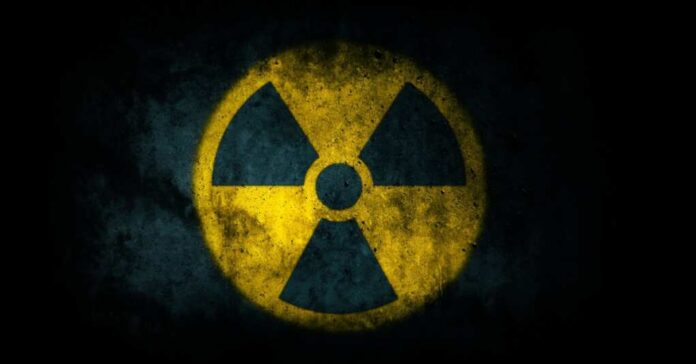
In a move that has everyone suspicious, Russia has thrown a wrench into international efforts to rein in North Korea’s nuclear ambitions. The United Nations Security Council found itself at loggerheads as Russia wielded its veto power to quash the renewal of an independent monitoring panel tasked with overseeing sanctions violations by North Korea. Why? Well, according to Russian officials, it’s high time for a revamp of the sanctions regime on the Korean Peninsula.
Maria Zakharova, a spokeswoman for the Russian Foreign Ministry, didn’t mince words when she argued that the old methods of dealing with Korean Peninsula issues were no longer effective. She contended that without mechanisms to review and potentially ease sanctions, the system becomes a stumbling block rather than a pathway to progress. This stance, however, has left many scratching their heads and others downright furious.
The implications of Russia’s actions are grave, to say the least. By obstructing the renewal of the monitoring panel, Russia effectively slammed the door on robust enforcement of UN sanctions against North Korea. This move has raised concerns among experts, with some suggesting that it could be part of a larger quid pro quo between Russia and North Korea, exchanging ammunition and missiles for a blind eye to sanctions violations.
But it’s not just about geopolitics and diplomatic maneuvering. The real-world consequences are stark. North Korea, under the leadership of Kim Jong Un, has been aggressively expanding its nuclear arsenal, openly declaring South Korea as its primary enemy and even musing about annexation. This aggressive posture from Pyongyang has put its neighbors and the international community on edge.
And where does Russia stand in all of this? Well, they seem rather pleased with themselves, thank you very much. Kremlin spokesman Dmitry Peskov even suggested that Russia’s stance perfectly aligns with its interests. But this bold display of disregard for international norms and cooperation hasn’t gone unnoticed.
South Korea, for one, isn’t taking this lying down. Ambassador Hwang Joon-kook minced no words, accusing Russia of shirking its responsibility and likening the situation to turning off a security camera to avoid getting caught red-handed. It’s a bold move from South Korea but underscores the gravity of the situation.
So, where does this leave us? The old alliances are shifting, with the U.S. and its allies facing off against Russia, China, and North Korea. And if Russia won’t play ball, then it’s up to the rest of us to step up our game. That means tightening the screws on North Korea, even if it means going after their enablers in Russia and China.
Initially formed in 2009 by Brazil, Russia, India, and China (with South Africa joining in 2010), the BRICS grouping aims to bolster its ranks to address global challenges. In 2023, South Africa announced an expansion of the group by admitting five new member countries: Egypt, Ethiopia, Iran, Saudi Arabia, and the United Arab Emirates.
Economically, the expanded BRICS will wield substantial power, contributing an additional $2.6 trillion to its combined GDP, totaling $28.5 trillion and representing 28.1% of global output. However, it’s important to note that despite this growth, G7 countries still dominate global GDP, accounting for 43.2%.
The expanded BRICS also enhances their geostrategic reach, focusing on trading and natural resources. With more than 43% of global oil production and control over 72.5% of international reserves of rare earth minerals, the BRICS now have increased influence in critical sectors. Additionally, the admission of Saudi Arabia, Iran, and the UAE doubles the group’s capacity in oil production. It expands its reach into the Middle East.
While the expanded BRICS represent economic strength, they face internal and external challenges. Dependency on China’s economy poses risks, and geopolitical tensions among members, notably between China and India, could hinder cooperation. Moreover, could we see North Korea enter the BRICS fold, too?
Ultimately, it’s a battle between two camps: those who believe in upholding international norms and those more interested in playing geopolitics for their gain. And suppose Russia thinks it can cozy up to dictators like Kim Jong Un without consequences? Well, in that case, they’ve got another thing coming. It’s time to stand firm and show them that the game’s rules still apply, whether they like it or not.















